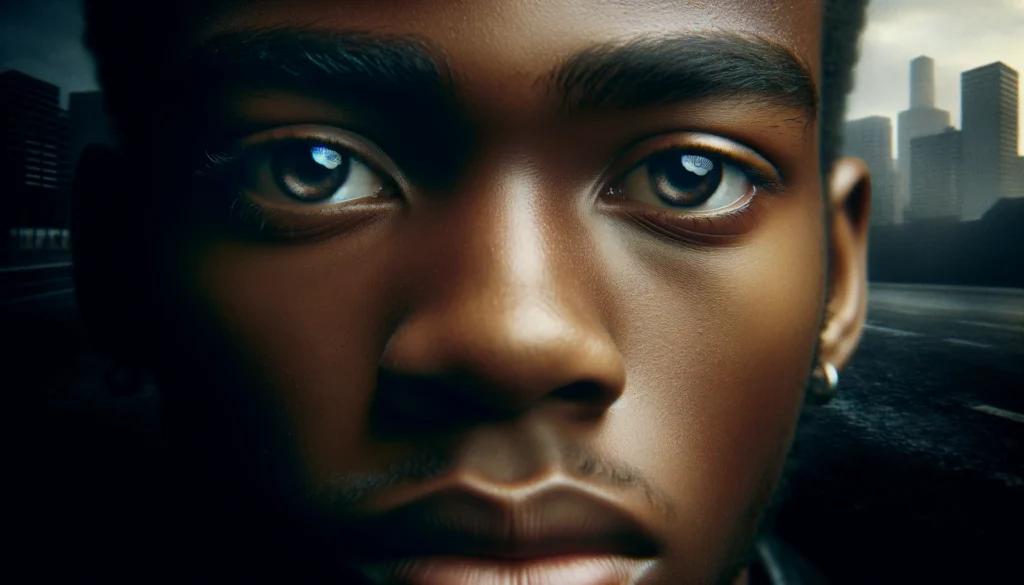
Unveiling the silent toll of police violence on Black Americans: disrupted sleep, shattered peace, and a call for change
By Darius Spearman (africanelements)
Support African Elements at patreon.com/africanelements and hear recent news in a continuous playlist during your morning commute. Plus get early access to ad-free video content.
Impact on Sleep Health
A landmark study by the University of Pennsylvania Perelman School of Medicine reveals the profound consequences of police violence on Black Americans’ sleep health. The research uncovers:
“Black adults across the United States suffer from sleep problems following exposure to news about unarmed Black individuals killed by police during police encounters.”
(SOURCE: Penn Medicine)
This investigation, drawing upon data from the Behavioral Risk Factor Surveillance Survey (BRFSS) and the American Time Use Survey (ATUS), highlights an alarming trend: increases in short sleep (fewer than seven hours a night) and very short sleep (fewer than six hours a night) among Black communities. Atheendar S. Venkataramani, MD, PhD, emphasizes the severity of these impacts:
“These findings show that poor sleep health is another unfortunate byproduct of exposure to these tragic occurrences.”
(SOURCE: Medical Xpress)
Addressing the Racial Gap
Moreover, the study illuminates broader systemic issues of racial bias and violence within law enforcement, highlighting the pressing need for policy reform and greater accountability in policing practices. Venkataramani further elucidates the disproportionate effects of police violence on Black Americans, stressing its ramifications on their overall well-being. Thus, the data not only reveals a gap but also underscores the necessity for immediate, comprehensive action.
Calls for Reform and Support
Following these findings, experts call for significant reforms in law enforcement practices. They advocate for the importance of de-escalation training, the implementation of body-worn cameras, and the establishment of independent review boards. Additionally, there’s a growing demand for enhanced mental health support for communities devastated by police violence, recognizing the need for trauma-informed care to address the lasting impact of such incidents on affected communities.
Conclusion
These studies serve as a stark reminder of the enduring racial disparities and systemic injustices afflicting American society. As the nation confronts these issues, the hope is that such research will spur meaningful change, leading to safer, more equitable communities for all Americans. The collective commitment to tackling these challenges must be steadfast, as the health and well-being of Black communities hang in the balance. It’s imperative that all stakeholders — from law enforcement to policymakers to community leaders — collaborate to forge a path toward justice and healing, ensuring such tragedies no longer deprive individuals of their peace and security.
About the author:
Darius Spearman is a Professor of Black Studies at San Diego City College, where he has been pursuing his love of teaching since 2007. He is the author of several books, including Between The Color Lines: A History of African Americans on the California Frontier Through 1890. See more black news and history content at africanelements.org.
